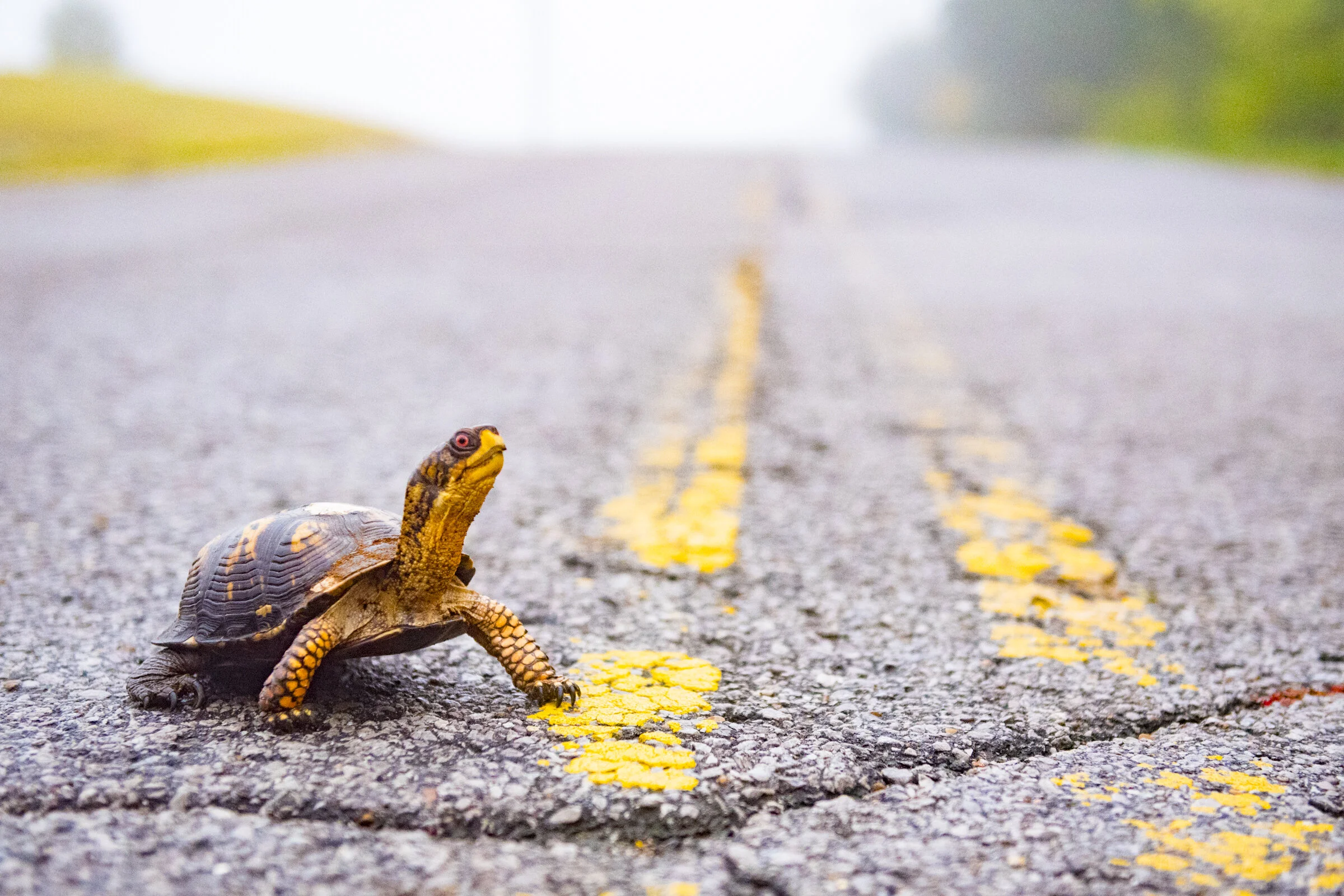
Did you find a sick, orphaned, or
injured animal?
T
Our hospital has permanently closed.
There are other resources available! Please be patient. Most wildlife rehabilitators are volunteers that work full-time jobs. They also have limited space, time, resources, and staff, as well as permit restrictions on species they can admit. Always seek out a permitted wildlife rehabilitator.
Please remember to leave a message and follow up with a text message to all wildlife rehabilitators.
Provide the EXACT address or location where you found the animal, as well as a picture. Keep the animal in a dark, quiet place such as a cardboard box, do not give food or water unless instructed, and do not attempt to clean any wounds. Wounds are often deeper than they appear, and if disturbed infection or death can occur.
WILDLIFE ASSISTANCE
Before removing an animal from its natural environment, see the tips below:
Take Action if:
The animal is bleeding.
The animal is missing whole or part of a limb(s), or is unable to use its limb(s).
The animal looks underweight.
The animal is leaning, circling, losing balance, appears tame, is unresponsive, may be blind, has stiffening or twitching of limbs, or has rapid eye movement.
The animal has discharge from eyes, nose, ears, or mouth.
The animal has a foreign object or substance stuck to body part such as a plastic jar or grease.
The parents have been killed or seriously injured.
The animal is covered with flies, ants or other parasites.
Observe if:
The animal is moving periodically. You will need to do this from a distance.
The animal is eating. If so, it may be reluctant to leave its food. This is normal behavior.
It's a young animal. It may be out of the nest or den and exploring its environment while still being cared for by its parents. Check for parents you can see or hear nearby.
A baby animal's best chance of survival is to be raised by its wild parents in the wild.
Transporting Wildlife
If an animal needs to come in for care, you will be asked to transport the animal to a wildlife hospital. Do not attempt to rehabilitate any wild animal on your own. State and federal laws prohibit you from having any protected wildlife in your possession, unless you are transporting an injured animal to receive medical attention.
While transporting wildlife, remember:
Whisper or speak quietly.
Do not play your car radio.
Do not transport an animal in a person's lap, unboxed, or unrestrained. The animal can get loose and cause injury or damage.
If you are transporting a baby, keep the inside of the vehicle warm.
Do not make additional stops.
Share your story with others, particularly if you are helping a window strike bird or victim of a cat/dog attack.
Learn more about coexisting with wildlife.
